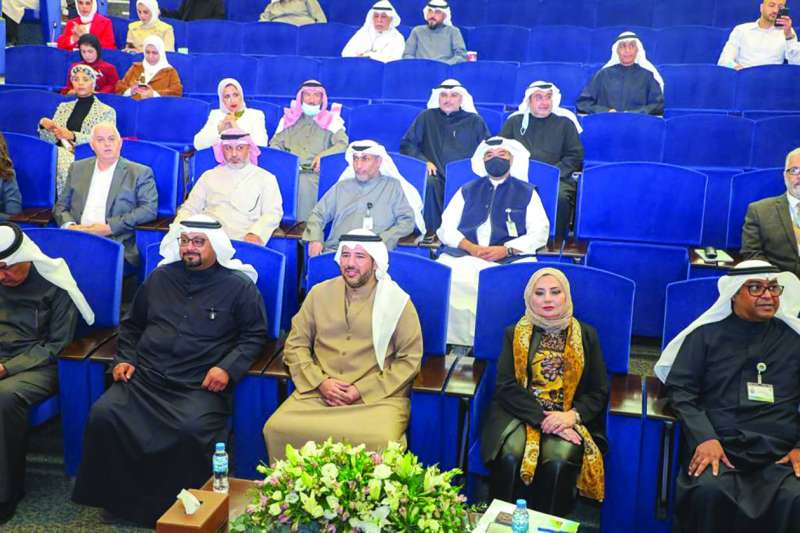Director-General of the Environment Public Authority and Chairman of Board Sheikh Abdullah Al-Ahmad said “about a thousand square meters per day are lost to landfill and said the EPA is determined not to allow this to happen “because we must use this land in a better way for our future generations, either for agriculture or for housing.”
Al-Ahmad said this on the sidelines of a workshop on the comprehensive national strategy for waste management in the State of Kuwait, on waste data has been completed in collaboration with the German (Fraunhofer) Institute for Environmental, Safety and Energy Technology, reports Al-Rai daily.
Al-Ahmad added, “We will not allow the establishment of new landfills in the State of Kuwait, and through the strategy, a plan has been developed to deal with all kinds of waste for recycling, reduction of waster, safe disposal or converting it into energy.”
He explained, “If we do not obtain documented official data, we will not be able to do anything for future projects, and we will not have the raw material to carry out these projects.”
He went on to say, “Through this strategy, we were able to develop a road map through which we work on environmental sustainability and reduce waste landfills,” noting that “household waste in the State of Kuwait is the highest in the Gulf and globally. According to the study, we find that the largest percentage of household waste in the world comes from homes in the State of Kuwait, and this matter must be reduced by increasing societal awareness to reduce the amount of waste.”
He warned that “waste contributes to great harm, both environmentally and economically, and we need to reduce the amount of waste and increase recycling. We have prepared an area in Salmi for recycling factories, and we have been trying for six years to reduce waste, and after the results of this project we will be able to deal with all kinds of waste.”
He concluded by saying, “We sensed this five years ago, and we work hard and diligently with everyone concerned, so we set the strategy, and the vision is clear, which is the sustainability of environmental work and integration with the concerned authorities.”
Statistics on waste in Kuwait revealed that the quantities of non-hazardous household, agricultural and industrial waste arriving at the landfills are estimated at 3.5 million tons dumped over more than 18 square kilometers of land, and the depth of waste deposition ranges between 3 and 30 meters.
Kuwait is also one of the largest producers of electronic waste among the GCC countries, producing 17.2 kilos per capita annually. Because of the improper methods used in the management of the landfills to dispose of waste, negative matters resulted that contributed to the closure of some landfills before reaching the specified capacity.

